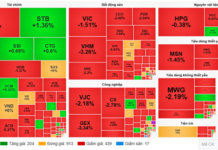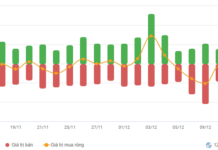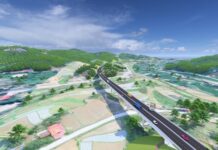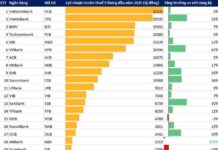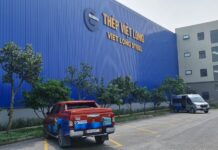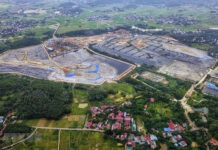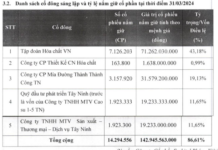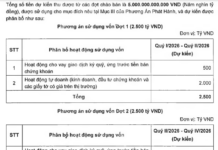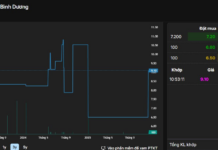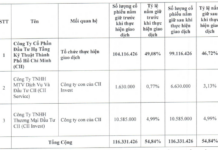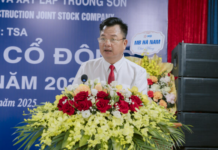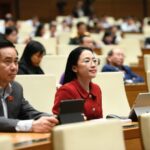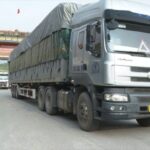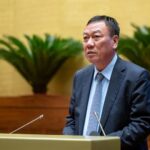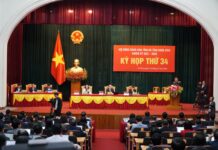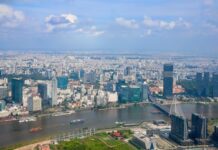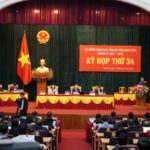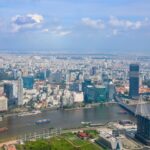On the afternoon of November 27th, the National Assembly (NA) discussed the draft Law on Special Consumption Tax (amended) in the hall. The proposal to impose taxes on cigarettes, air conditioners, and sugary drinks heated up the hall.
Essential products are being heavily taxed!
Regarding the subject of special consumption tax on air conditioners, Deputy Hoang Van Cuong (Hanoi delegation) analyzed that the Law on Special Consumption Tax (amended) aims to regulate the behavior of consumers, discouraging the use of luxury goods or limiting products that are harmful to personal health, the environment, and the community.
With this principle in mind, Mr. Cuong believes that imposing a special consumption tax on air conditioners will not change consumer behavior or shift them to alternative products. Therefore, for essential products, the Deputy suggested that a special consumption tax should not be imposed, typically for air conditioners.
Deputy Ha Sy Dong (Quang Tri delegation) stated that air conditioners have been subject to a special consumption tax of 20% since 1998, which was reduced to 10% in 2008. In the past, air conditioners could be considered a luxury item.
However, nowadays, the use of this item is an essential need, helping to improve the quality of people’s lives. Vietnam is probably the only country in the world that levies a special consumption tax on air conditioners. Other countries control air conditioners from two different aspects: one is to control the cooling agent, and the other is to control the level of electricity consumption. Therefore, the Deputy of Quang Tri province proposed to abolish the tax on this item.
Agreeing with this, Deputy Nguyen Thi Viet Nga (Hai Duong delegation) stated that the regulation in the draft law is inappropriate because air conditioners are used as essential equipment by most families. This shows that air conditioners are no longer considered a luxury item for high-income earners. Therefore, she proposed to abolish the tax on air conditioners.
The vice head of the Hai Duong Provincial NA Delegation also suggested reconsidering the tax increase on double-cabin pickup trucks (also known as pickup trucks) as this type of vehicle is mainly used outside urban areas for cargo transportation. Many households and units use them for small and medium-sized businesses, making transportation convenient and simple. Moreover, in Vietnam, this type of vehicle accounts for only about 5% of the market share, not a large enough proportion to affect traffic if used in urban areas. Ms. Nga suggested that if there is a need to increase taxes to collect the state budget, the government should reconsider an appropriate roadmap, from 3 to 5 years, postponing the application time and a moderate increase to preserve the common resources of businesses and people.
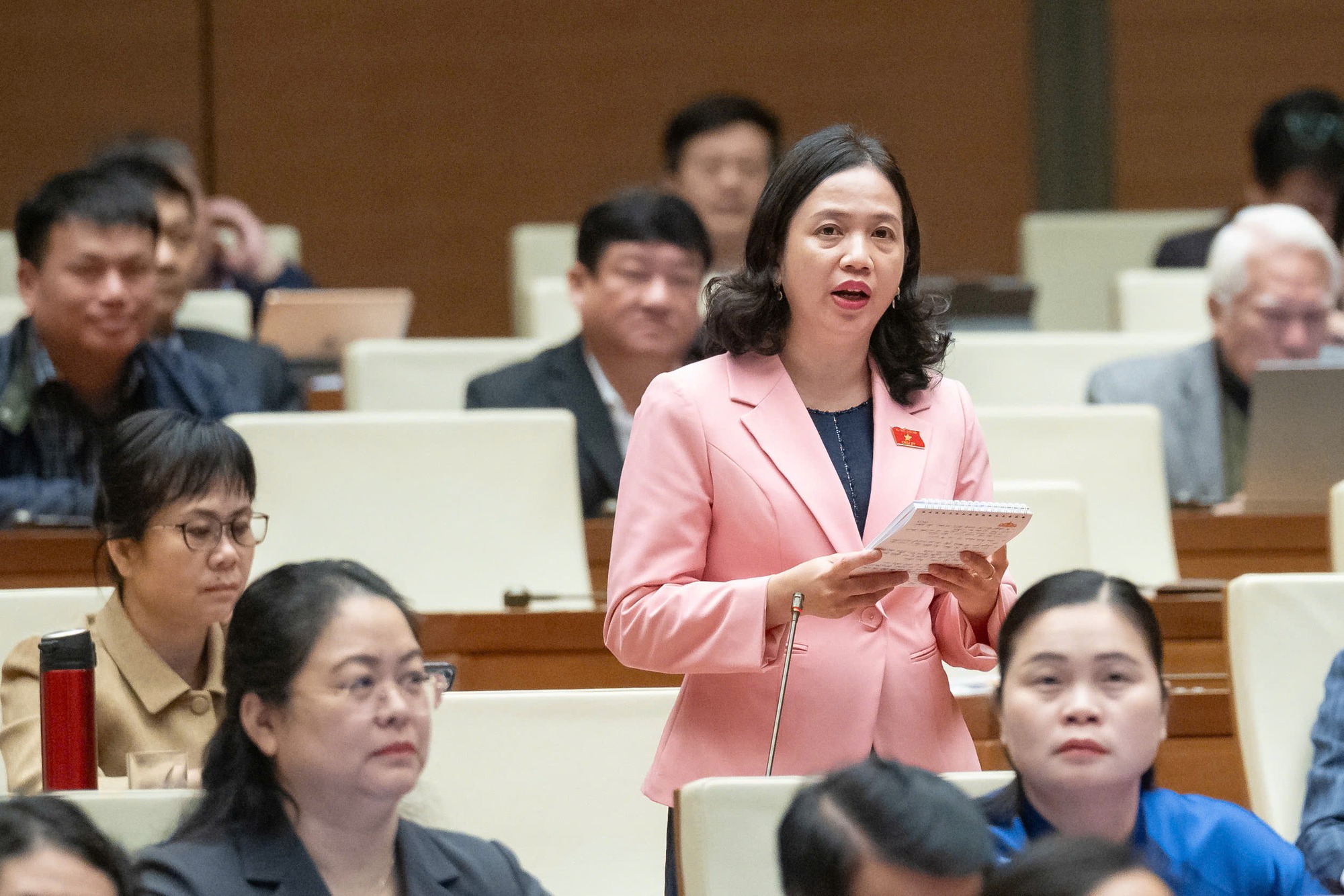
Delegate Dieu Huynh Sang speaks during the discussion on the draft Law on Special Consumption Tax (amended)
Photo: HO LONG
Consider taxing sugary drinks
Deputy Cam Thi Man (Thanh Hoa delegation) raised concerns about the addition of beverages according to Vietnamese standards with a sugar content of more than 5g/100ml as subjects of special consumption tax with a tax rate of 10%.
The Deputy cited a research report that stated that the beverage industry accounts for 38% of the number of enterprises in the beverage industry. When a 10% special consumption tax is applied, the production scale of these enterprises will shrink. At the same time, the imposition of taxes will not only affect the beverage industry but also impact 24 other industries in inter-industry relations. The consequence will be a drag on the entire economy, leading to a decline in GDP. Therefore, the Deputy requested the Government to provide further clarification on the goals to be achieved through this policy.
Deputy Nguyen Thi Le Thuy (Ben Tre delegation) also requested that the drafting agency carefully consider the application of taxes on sugary drinks. Not every country that imposes a special consumption tax on this item achieves the goal of reducing the rate of overweight and obesity. Countries like Brunei, India, Chile, Finland, and Belgium have been applying this tax for many years, but the rate of overweight and obesity continues to rise. Meanwhile, countries that do not apply this tax, such as Japan and Singapore, have the lowest rates of overweight and obesity. Ms. Thuy noted that taxing coconut water would not only affect hundreds of coconut processing enterprises in Ben Tre province, which are struggling after COVID-19, but also impact more than 200,000 coconut farmers as they would not be able to sell their coconuts.
Agreeing with the imposition of a special consumption tax on cigarettes, Deputy Duong Khac Mai (Dak Nong delegation) emphasized the harmful effects of this product on human health. He supported option 2 in the draft regarding the tax on cigarette packs: VND 5,000/pack (from 2026), VND 6,000/pack (from 2027), VND 7,000/pack (from 2028), VND 8,000/pack (from 2029), and VND 10,000/pack (from 2030). Arguing that Vietnam’s healthcare costs are high due to the treatment of various diseases, especially diabetes and lung diseases, Deputy Truong Trong Nghia (Ho Chi Minh City delegation) proposed a resolute approach to implementing the special consumption tax on cigarettes.
Explaining the opinions of the NA Deputies on the special consumption tax on air conditioners, Mr. Ho Duc Phoc said that taxing air conditioners also aims to reduce the use of fossil energy, which affects climate change and substances that are harmful to the ozone layer. However, he said that they would review and amend the products subject to different tax rates. For example, air conditioners that use renewable energy from solar or wind power will not be taxed. Regarding sugary drinks, Mr. Phoc said that the tax aims to protect people’s health and is in line with international practices. The Government will determine the standards for sugar content. “Products like coconut water, milk, and pure fruit juices will not be taxed,” said Mr. Ho Duc Phoc.
Today (November 28), the NA will meet privately on personnel work within its competence; discuss in the hall about the draft Law on Enterprise Income Tax (amended); and the draft Resolution of the NA on reducing value-added tax…
Approval of VND 122,000 billion for cultural development
With 430 NA Deputies agreeing, the NA passed the Resolution on the investment policy for the National Target Program on Cultural Development for the period of 2025-2035 in the morning of the same day. Accordingly, the program’s implementation cost for the period of 2025-2030 is a minimum of VND 122,250 billion.
In the afternoon of the same day, the NA also passed the Law on Amending and Supplementing a Number of Articles of the Law on Health Insurance. Notably, the law stipulates the level of health insurance benefits when conducting health check-ups and treatment with health insurance in the direction of not distinguishing administrative boundaries, maintaining the stability of the rate of health insurance benefits as prescribed by the current law, and expanding it to some cases. Specifically, the procedure for transferring to a higher level of treatment is waived for some cases of rare diseases and critical illnesses…
Considering restarting the Ninh Thuan Nuclear Power Project
In the afternoon of November 27, Deputy Prime Minister Nguyen Hoa Binh, on behalf of the Prime Minister, presented to the NA the proposal to continue the investment policy for the Ninh Thuan Nuclear Power Project. The Government stated that restarting the Ninh Thuan Nuclear Power Project is necessary, has a basis, and meets practical requirements.
According to the proposal, Vietnam’s electricity demand is expected to continue to increase. The Power Development Plan VIII shows that the total installed capacity of the power system has increased from about 80 GW to 150 GW by 2030 and will reach about 490-573 GW by 2050.
According to the Power Development Plan VIII, the total installed capacity of the power system will increase from 80,000 MW at present to 150,000 MW by 2030 and reach about 490,000 – 573,000 MW by 2050. In this plan, many coal-fired and LNG-fired power sources are advised to be limited and face difficulties in implementation. Therefore, developing power sources needs to meet the dual goal of ensuring new power sources for sufficient electricity supply and promoting green energy transformation to achieve the net-zero emissions target by 2050, as committed at COP26.
After reviewing the Government’s proposal, Mr. Le Quang Huy, Chairman of the National Assembly’s Committee for Science, Technology, and Environment, agreed on the necessity of continuing the investment policy for the project and proposed that the National Assembly and the Standing Committee of the National Assembly consider and decide on continuing the investment policy for the Ninh Thuan Nuclear Power Project as proposed by the Government.
The Power of Nuclear Energy: Unlocking Vietnam’s Future with the Ninh Thuan Nuclear Power Project
On November 27, the government presented to the National Assembly a proposal to continue the investment policy for the Ninh Thuan nuclear power project. The government affirmed that the development of nuclear power must ensure the highest level of safety and minimize risks to people and the environment.
“A More Realistic Land Price Index Could Boost Land and Property Sales and Rental Prices”
“This is the opinion of Dr. Can Van Luc, BIDV’s Chief Economist, on land valuation based on market principles at the Sustainable Real Estate Market Development Forum held on the morning of November 27th.”


